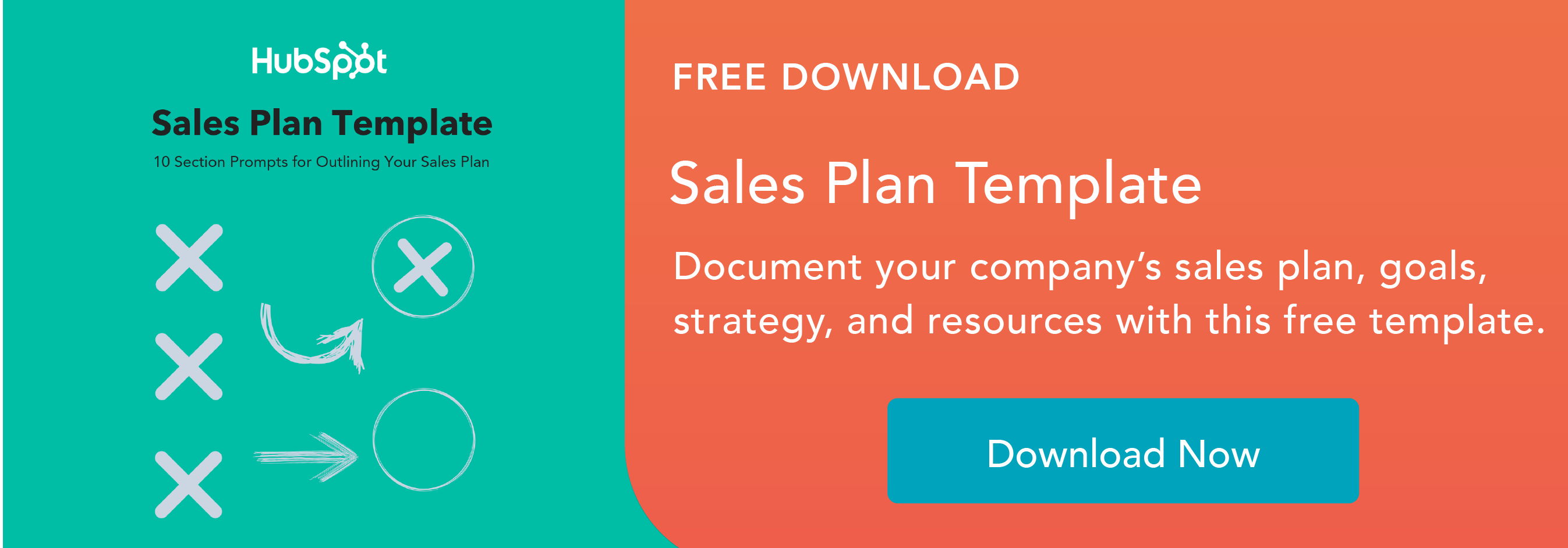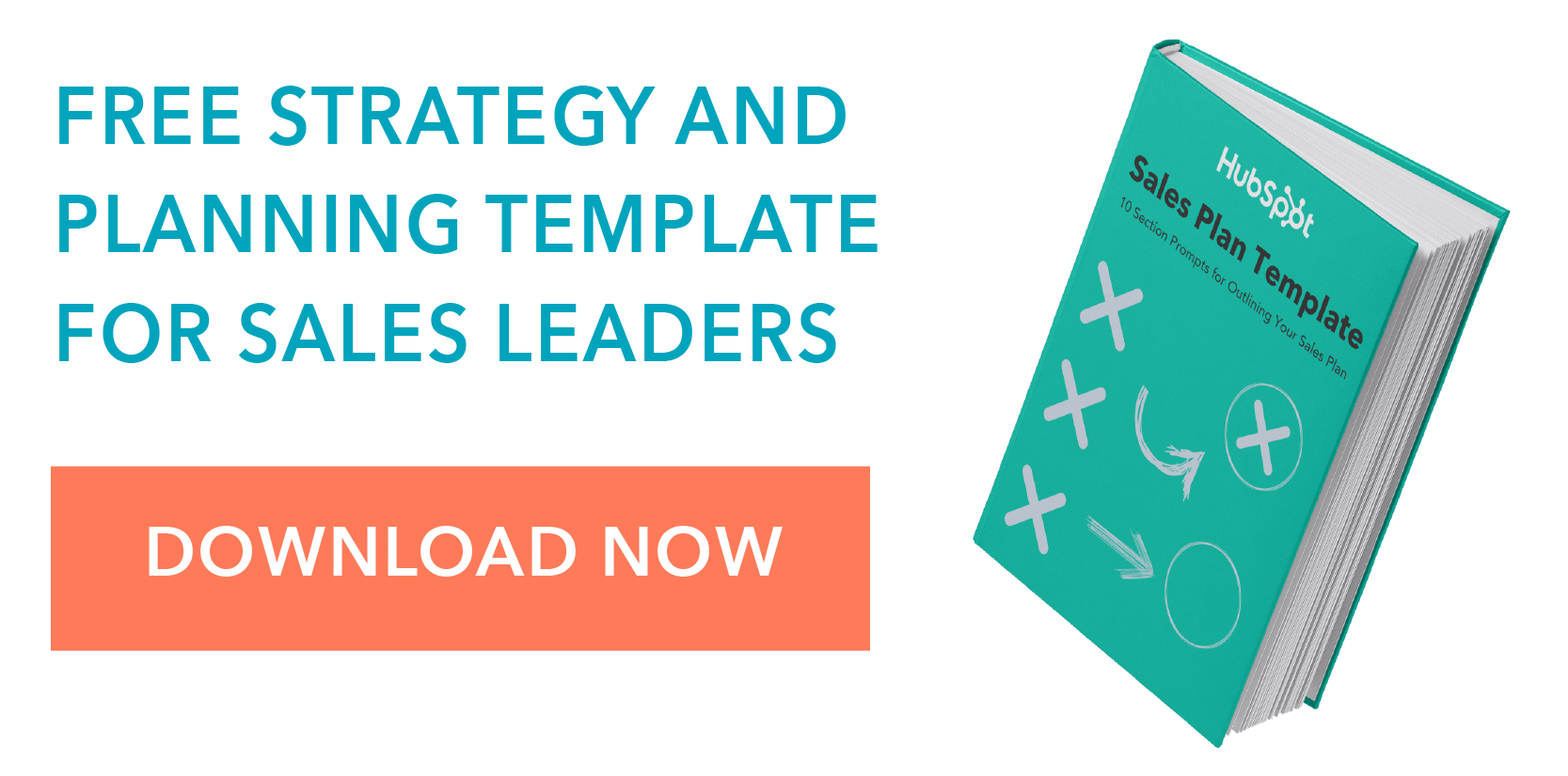I’m a big believer in preparation, so whenever I can, I create a sales close plan with my prospect.
The sales close plan should cover whatever your prospect suggests but will generally encompass the remainder of the sales cycle, how to sell the product internally, and the implementation of the product.
Why You Should Create a Sales Close Plan
Setting up a formal sales close plan (also known as a deal plan) makes sure you and your prospect—and anyone else associated with the purchase decision—are on the same page. It also makes thesales processmore manageable for a prospect who’s never gone through a major purchase decision before by taking a gargantuan task and breaking it up into little, achievable pieces.
In most sales situations, the biggest challenge is inertia. Whether it’s moving a prospect off a legacy product or introducing a new type of product for the first time, it’s usually easier for prospects to do nothing than to enter into a potentially complicated purchase or implementation.
Not only does a sales close plan remove this hesitation to act, it also helps accelerate the deal. Once the prospect has invested time in creating a plan, they have more incentive to move forward so their work doesn’t go to waste.
Creating a sales close plan demonstrates your understanding of the problem at hand and provides an opportunity to clear up problem areas. In defining how to proceed through the sales process and implementation, you’re reaffirming that your solution is actually solving a problem, and that you’re speaking with the right people.
It’s important to keep goals front-of-mind, both for you and your prospect. Emphasize the solution’s value throughout, not the product's specific features.
When to Create a Sales Close Plan
You should start discussing a sales close plan during the discovery phase of the sales process. Not only will you be outlining what the plan contains, you’ll also be determining its scope. I always ask,“Have you bought a similar product before?” In HubSpot’s case, I check for previous purchases of enterprise software.
This question is crucial. If this is the first time they’ve ever bought something like your offering, your plan needs to outline how to buy in the first place. You’ll need to walk them through how to get internal buy-in and how to evaluate if your product is a good solution, working closely with them throughout.
然而,如果你的prospect is familiar with buying your type of product, your sales close plan might not need to cover the purchase at all. They know whom to speak with internally and how to get a deal over the finish line. They need your expertise in implementation, and that’s what your plan should focus on.
Sales close plans are also useful if you get stuck somewhere in the sales cycle. Sometimes, you’ll speak with a prospect who needs your product but is avoiding you or artificially elongating the process. A sales close plan can help define the process, especially if you suspect the problem is a lack of executive buy-in.
How to Create a Sales Close Plan
A good deal plan can be a complex or a very basic document. Below are the questions I ask when creating a deal plan to make sure I’m covering all the bases.
Goal-Related Questions
What are your goals?
People who don’t have goals aren't good customers. Your job as a sales rep is to find great prospects who will become great clients, which will reduce churn.
What's your why?
Prospects don’t buy for rational reasons—他们购买原因情绪。你的产品是一个rational means to an end, but that end is usually influenced by emotion. Your prospect has an image of the future in their head, and your product can help them get there. Prompting a prospect to talk about that future helps them understand why they should invest time and money in your solution.
What changes will result from this plan?
I ask this question to get my prospect to look ahead. If I sell them my product and they use it successfully, what fundamental changes will they need to make to their business? Will they need to add headcount? Set up regular training sessions? Reallocate budget?
If you don’t know the answers to these questions, do you know whom to ask to find out?
Hopefully, they’ll know the answers. But if not, they should be able to tell you who has the relevant information.
Process-Related Questions
Who’s responsible for buy-in?
This depends on who will be using your product and how it will be implemented. It’s also important to consider whether an executive needs to sign off on a decision.
And don’t forget about potential detractors. For example, if a stakeholder previously acted as a champion for one of your competitors, it’s important to bring them into the fold early. Identify that person and have a conversation about how to save face and smooth the transition—you don’t want to make an enemy.
What are your biggest challenges to the purchase?
Identify the roadblocks to purchase as soon as possible. This question will help you understand what still needs to be done.
What happens if you don't complete this purchase?
Find out your prospect’s Plan B. They might be in a difficult situation if they don’t make this purchase, and asking them to envision that possibility will kickstart the sales process. It could also reveal that you’re in a competitive situation, in which case it’s time to reach out to a coach or champion and figure out where you stand.
What’s your personal goal?
I always want to know whether my prospect has skin in the game. This gives me a sense of which motivating levers I can pull to move the deal ahead and forces the prospect to revisit exactly why this deal is important to them. The closer you get to the end of a sales cycle, the higher the chance that your prospect will be fatigued. Refocusing them on the prize is crucial.
After Creating a Sales Close Plan
你有一个计划后,take the following four steps:
- Ask the prospect to review it.Formally present it if you need to and ask how you can help them get buy-in.
- Get buy-in from stakeholders on the plan so that everyone is on the same page.
- Answer the naysayers.Go straight to your blockers with the plan to air out all their objections.
- Define the purchasing process by asking questions like the ones below:
- Who needs to be involved in the actual purchase—signing contracts, approving budgets, etc.?
- Does the purchase require an RFI (request for information), an RFQ (request for quotation), or any other documentation you’ll be responsible for coordinating?
- Does Legal need to get involved?
- If additional documentation or reviews are needed, how long will those processes take?
A sales close plan can streamline your closing process, especially with high-value prospects you don't want to lose. By asking the questions above, you'll be strengthening your sales process at its most critical point.
Originally published May 6, 2020 2:45:00 PM, updated June 15 2021
Don't forget to share this post!
Related Articles



Expand Offer
ctaSales Plan Template
Get it now


